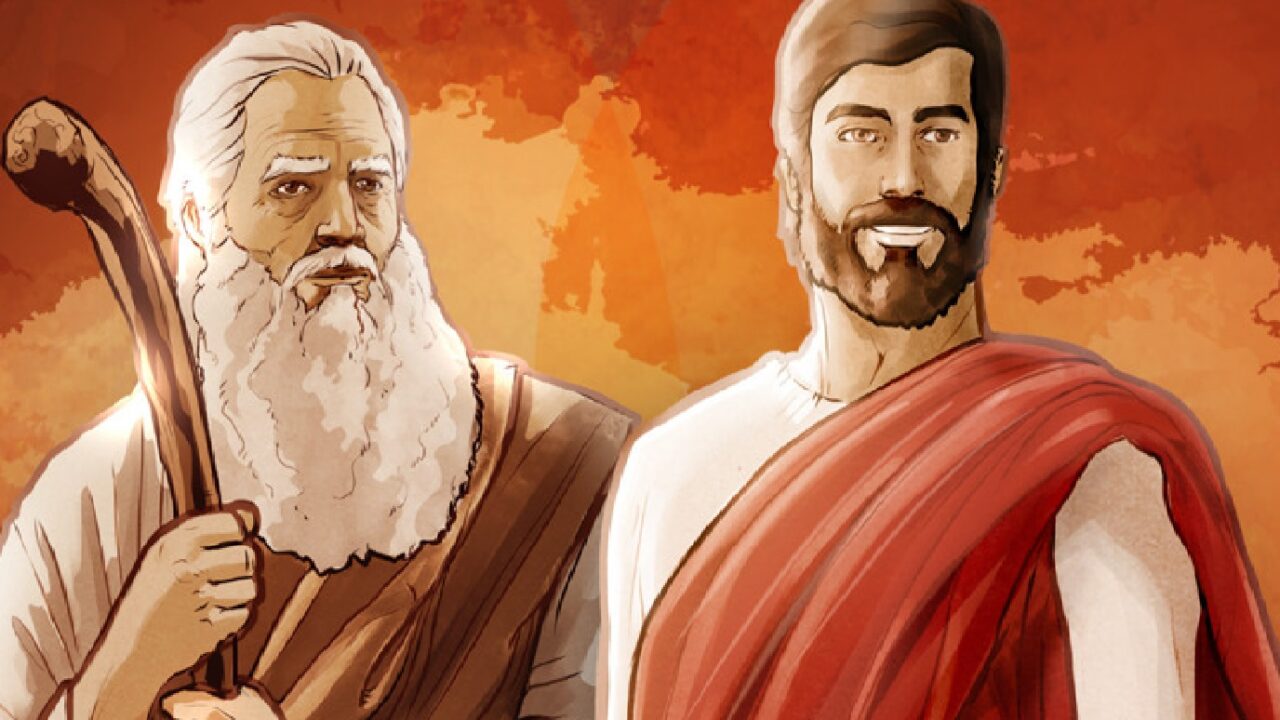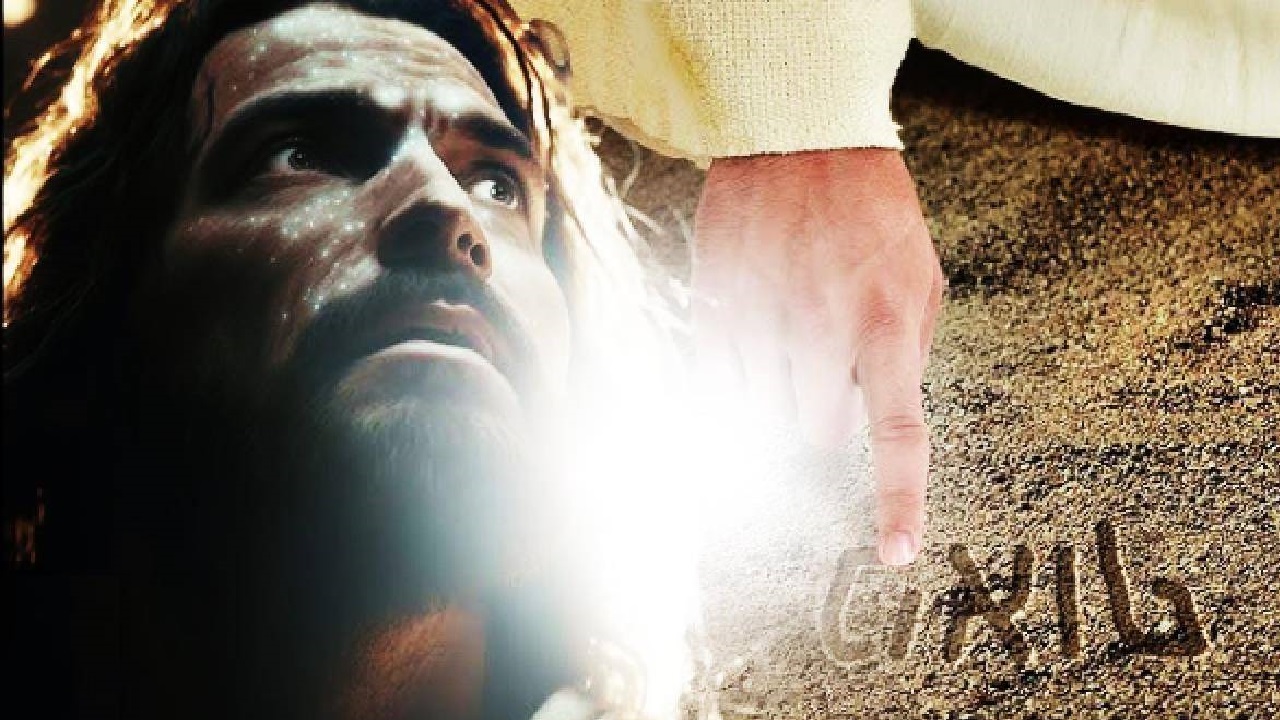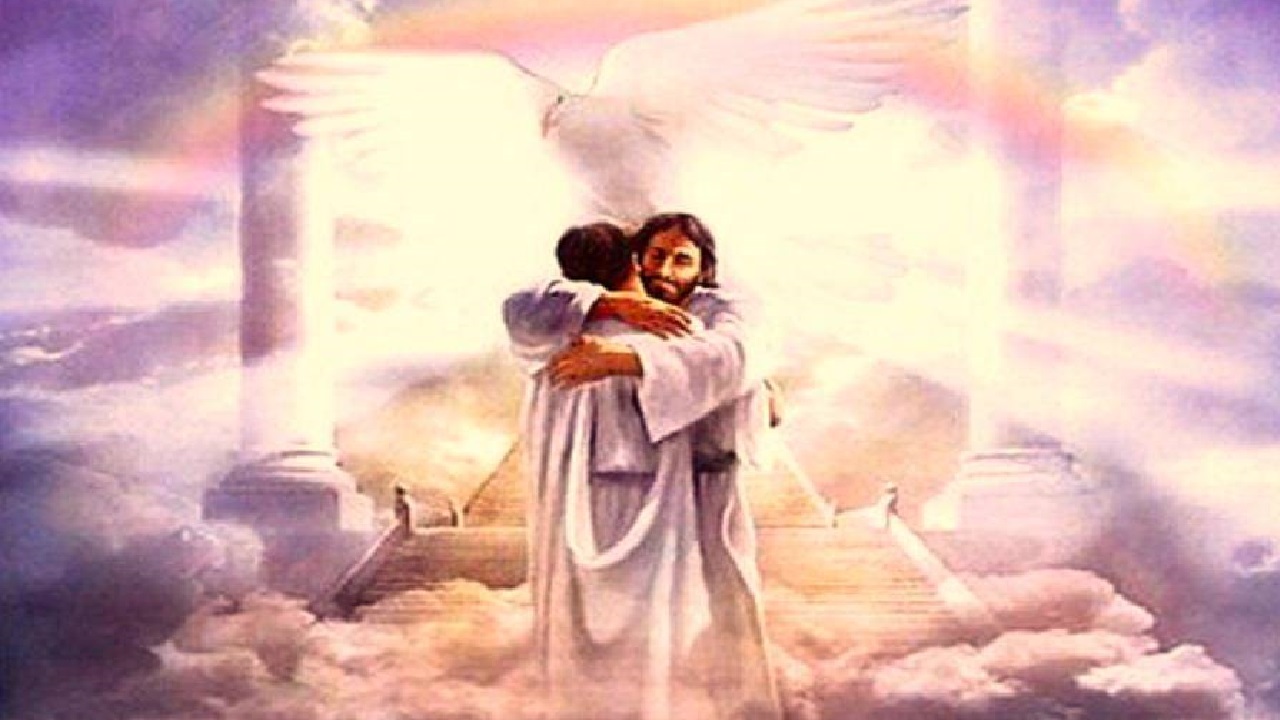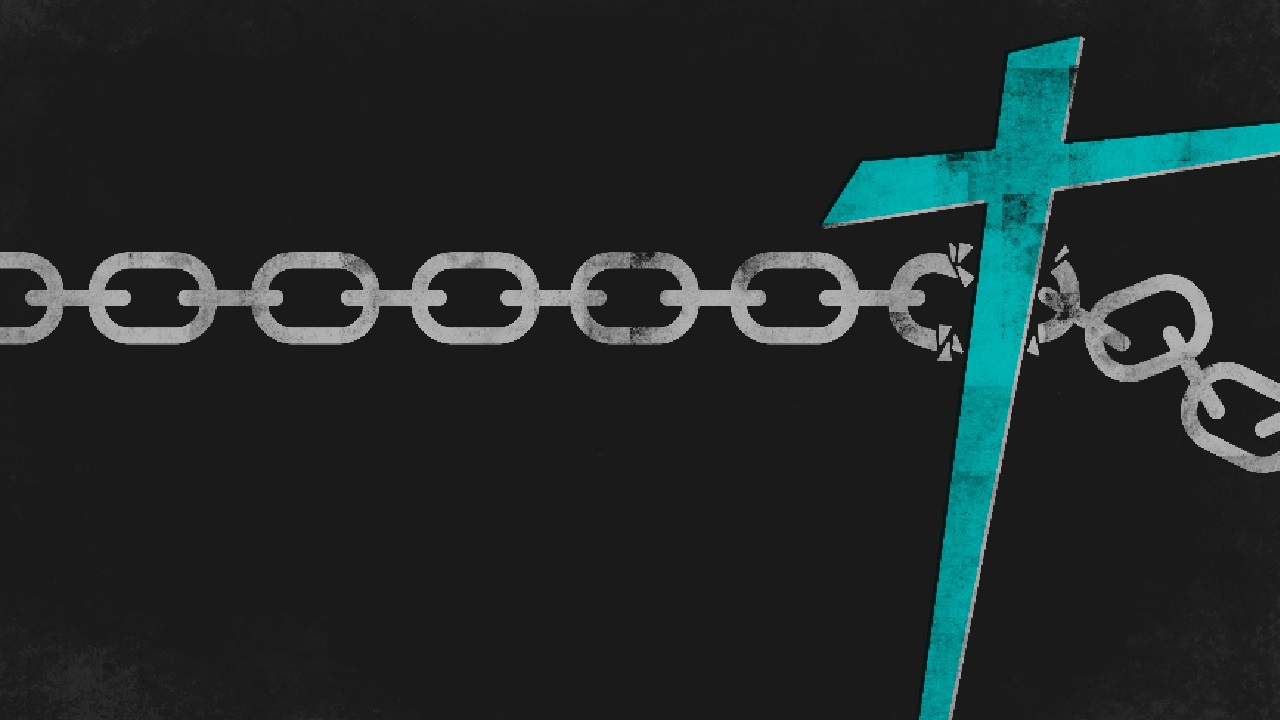In John 9 we again find Jesus’ healing on the Sabbath, one of “7 distinct occasions the Lord chose to heal on the sabbath,” according to the Pulpit Commentary.
This also marks the last explicit reference by John to Moses when the Sanhedrin insult the healed man by saying he’s a disciple of Jesus “but we are disciples of Moses. We know that God has spoken to Moses, but we do not know where this fellow comes from.”
They said this because back in John 9:16 they accused Jesus of not keeping the Sabbath.
John himself reached the same conclusion back in John 5:18 because in the previous verse 17, Jesus said to the Jews:
“My Father is always at his work to this very day, and I too am working.”
The NET Bible note on John 5.17 says the rabbis taught:
The Sabbath privilege was peculiar to God, and no one was equal to God. In claiming the right to work even as his Father worked, Jesus was claiming a divine prerogative (I.e., authority) as 5:18 goes on to state explicitly for the benefit of the reader who might not have made the connection.
Dictionary of Jesus and the Gospels
Remarkably, the Johannine Jesus concedes that he “works” on the Sabbath (5:17)—precisely what the Law prohibits—but claims that he is merely acting as God his father does.
ESV Study Bible, John 9:14
Jesus’ frequent conflicts with the Jews over the Sabbath suggest that by his coming he is changing the Sabbath requirements (see John 5:17).
In the OT the sabbath was known as the Lord’s Day, I,e., the LORD God (see Exod 16:22–30; 20:10–11; 31:15–17; Lev 23:1–11; Deut 5:12–15), that’s why God calls it “my Sabbath” (Exod 31:13; Lev 19:3, 30; Ezek 20:12–13).
But in Mark 2 Jesus says:
27 “The Sabbath was made for people, not people for the Sabbath. 28 For this reason the Son of Man is lord even of the Sabbath.”
So, followers of Christ now have authority over the Sabbath because Jesus himself has taken power and authority over the Sabbath.
After all, this is what the word lord means in this context.
Christians are free to define the purpose and proper application of the day of rest whether its Saturday, Sunday or any other day of the week.
The point of his given lordship over the Sabbath is that he and by delegation his followers, can now legitimately choose when to keep it or not.
As Paul makes clear in Rom 14.5
One person decides that one day is holier than another. Another person decides that all days are the same. Every person must make his own decision.




